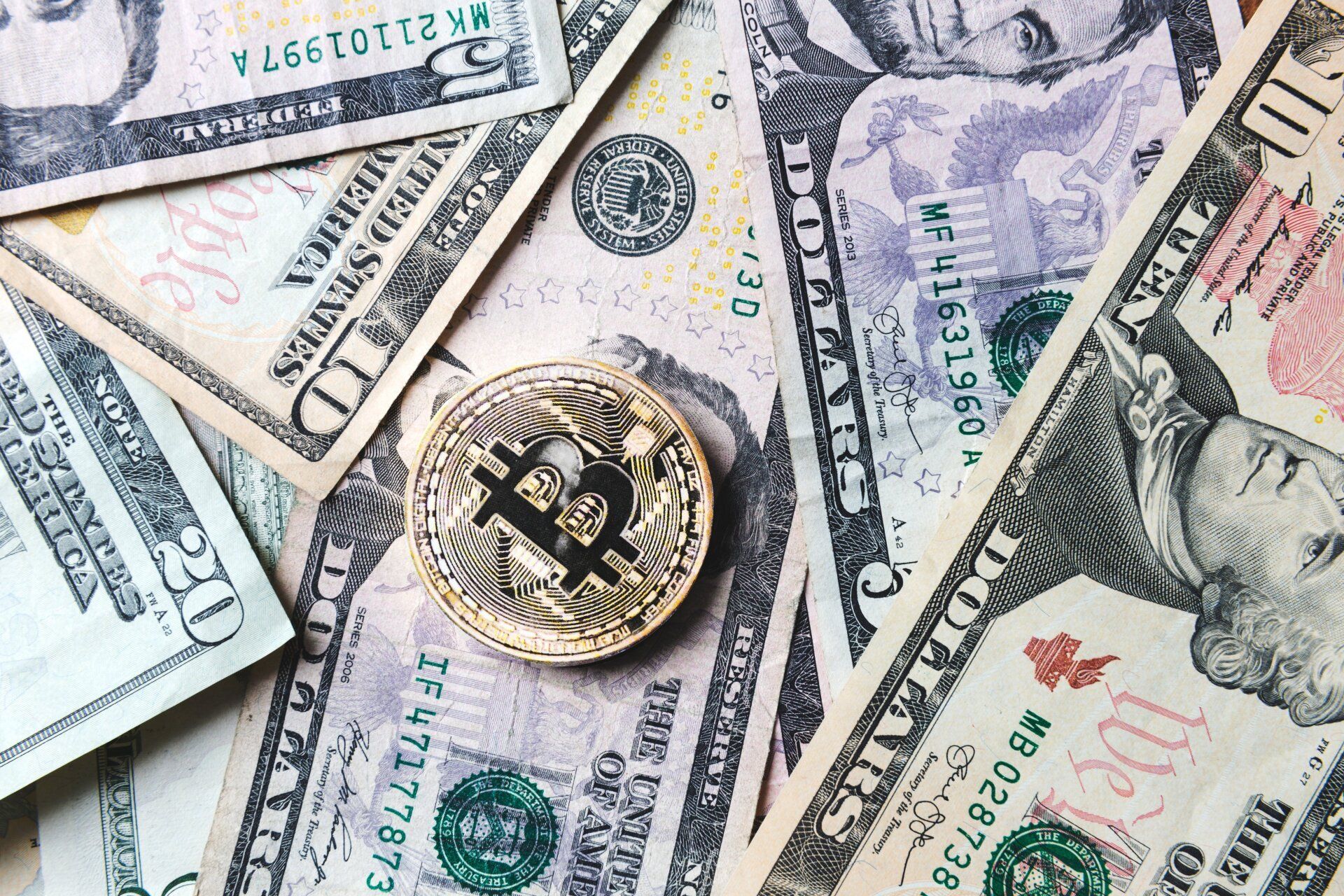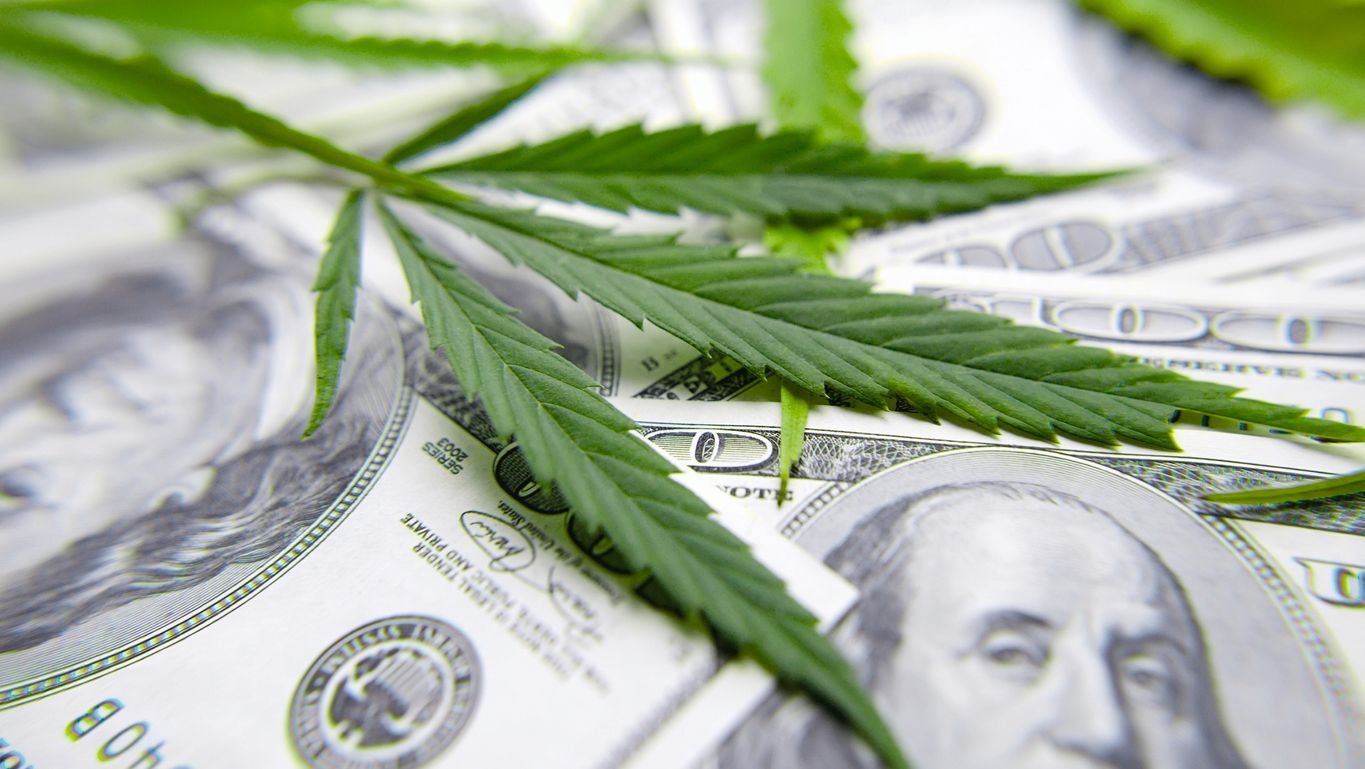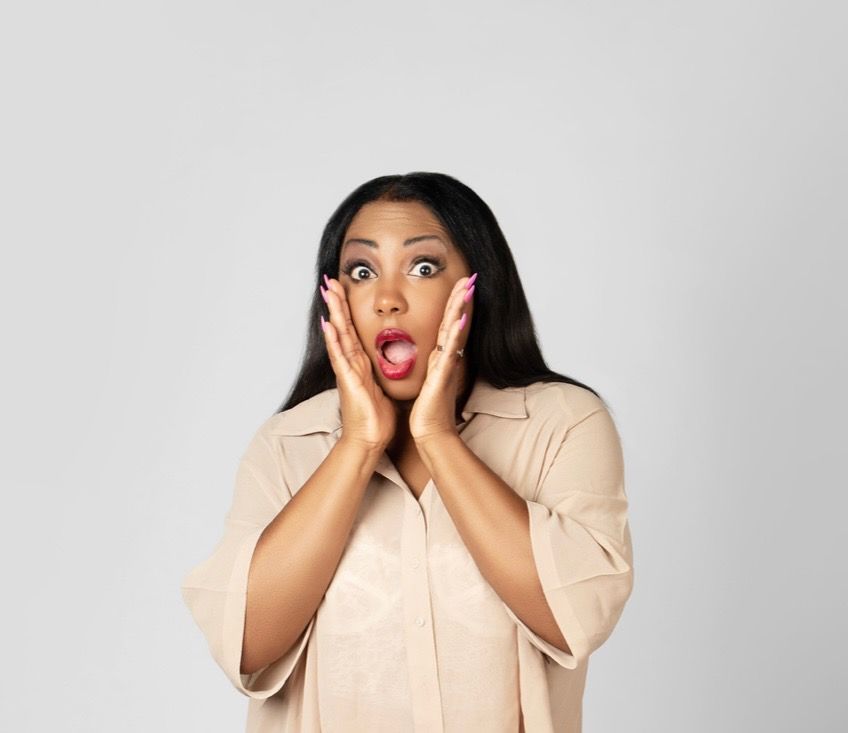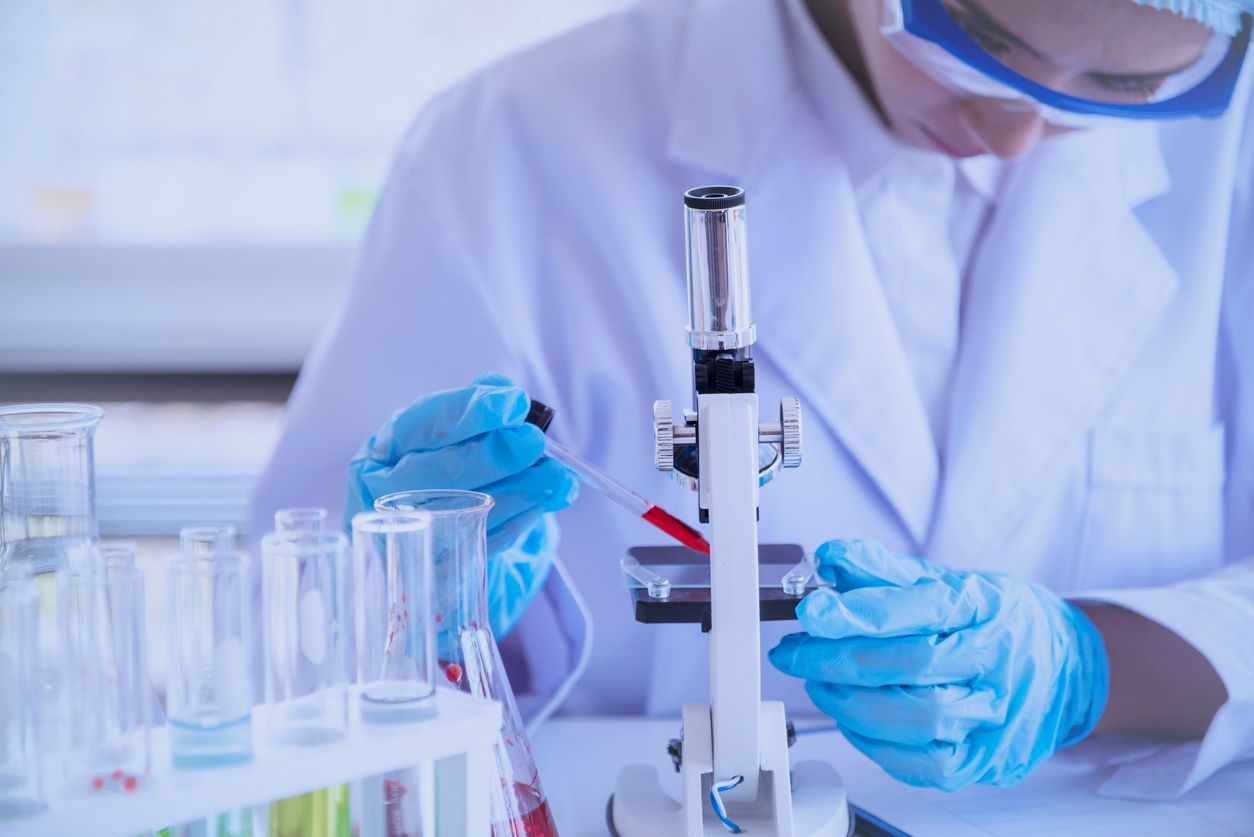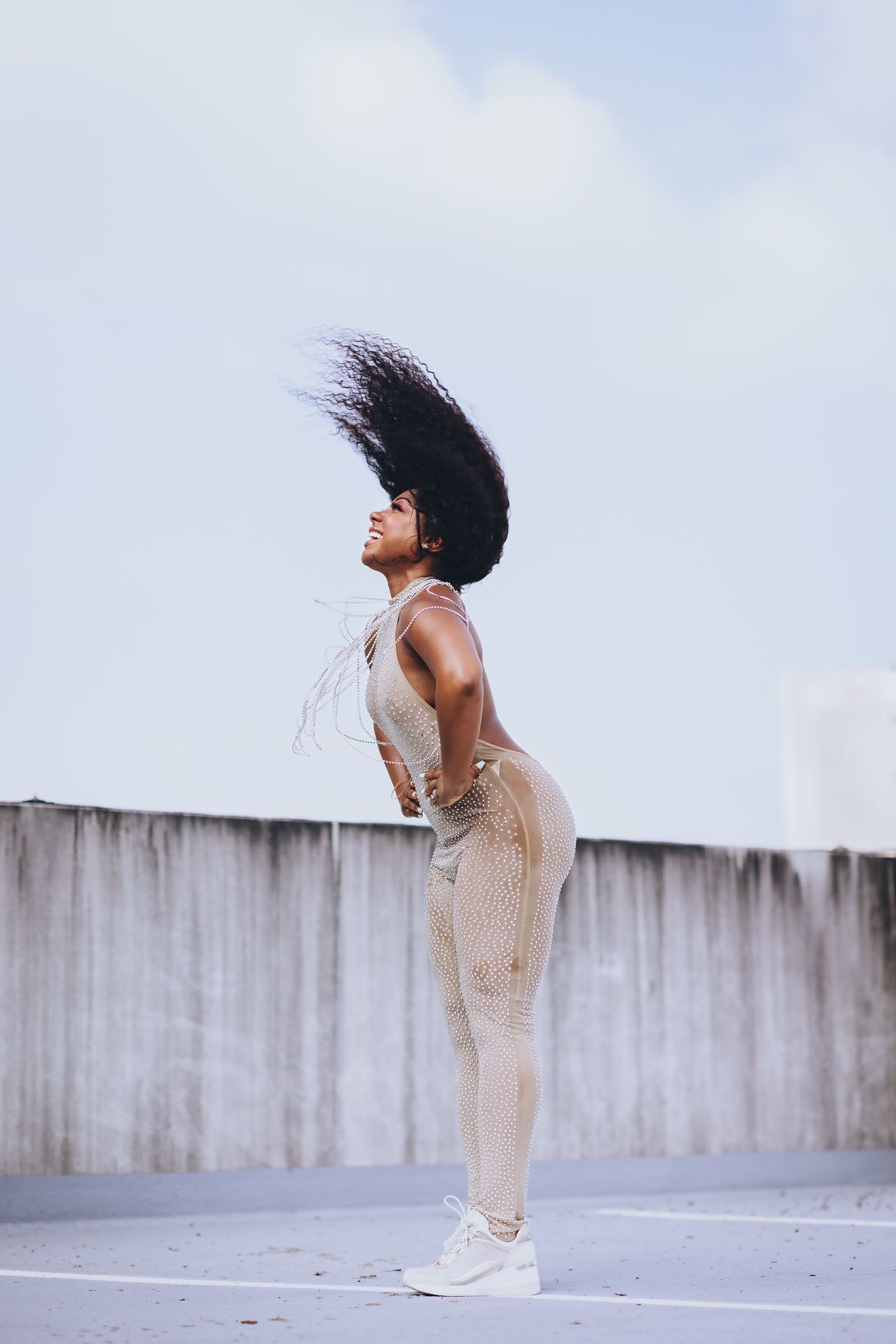How the "Lipstick Effect" Drives Sales During Recessions
With the U.S. experiencing a slight recession in 2020, it's easy to assume the beauty industry would take a big hit. However, this is far from the truth. The "Lipstick Effect" claims lipstick sales actually rise in times of recession, but why? Let's take a look at this theory and if it holds up.
What is the Lipstick Effect?
The "Lipstick Effect" is the theory that when the economy is on a downturn, consumers nix high-priced items and instead opt for smaller indulgences, like lipstick and other cosmetics. It goes on to state that makeup and other self-care items are purchased with the intent to pamper the consumer and keep up their self-confidence during difficult times.
A study summarized in Psychology Today claims this theory is much more ingrained in men and women's consciousness than previously thought. The research suggests that in times of crisis, women's brains are hardwired to look their best in order to attract a suitable mate. Amid economic downturns, as financially secure mates are less available, evolutionary theory offers that there may be more competition, and therefore more incentive to boost attractiveness in order to acquire a reliable partner.
Recessions and cosmetic companies
Time and again, the cosmetic industry showed recessions don't seem to affect them all that much. The 2008 recession, which was one of the biggest economic downturns since the Great Depression, didn't cause cosmetic giant L'Oreal from losing money. In fact, the brand saw its sales increase 5.3% during that tough year. With the government called upon to bail out various financial institutions, increasing revenue during that time was a major feat.
The lipstick effect trend goes further back than 2008 too. During the Great Depression, when millions were jobless and industrial production was cut in half, cosmetic sales increased . The same thing happened during the recessions of 1990 and 2001 — manufacturing jobs steadily decreased, yet jobs in the cosmetic sector went up.
The 2020 recession
The financial situation in the U.S. was officially dubbed a recession by mid-year , but this time it had a very different look from the ones of the past. First off, this one wasn't caused by financial factors instead, it was due to a health crisis (COVID-19). Second, the shutdown that took place because of the global pandemic happened rapidly and quickly caused many to seek unemployment benefits.
The 2020 recession might be named the "cosmetic effect" instead of the lipstick effect, simply because the global pandemic and mask-wearing have decreased the need for lipstick. The market for cosmetics is still booming, it's just changing based on the realities of daily life. With more people working from home, self-care is more prominent. Skincare products, even men's grooming products, have seen an increase in sales. With mask mandates throughout the country, women are focusing more on their eyes, boosting mascara, eyeliner, and eye shadow sales.
Second-quarter 2020 sales for beauty chain Ulta Beauty took a dip of 26.3% as stores remained closed throughout June. While stores had to contend with capacity and social distancing restrictions, by the end of the year, they started reopening their salon and brow services. Towards year-end, the stock price started to rebound from the lows it reached in the first and second quarters of 2020. Coty, Inc., a multinational beauty company, had similar results, with its net revenue falling 22% during its June 2020 year-end.
If you want to learn more in-depth about the lipstick effect and how it is impacting the industry, make sure to watch our IGTV here where we talk to a professional in the space!
Brown Investors is dedicated to educating you about the stock market and how investing is the way to secure your financial future. If you have any questions or are looking for more information, please contact us or visit us on Facebook or Instagram .
